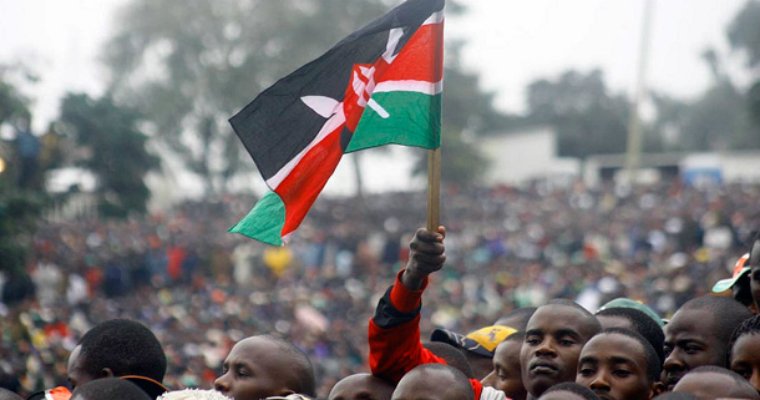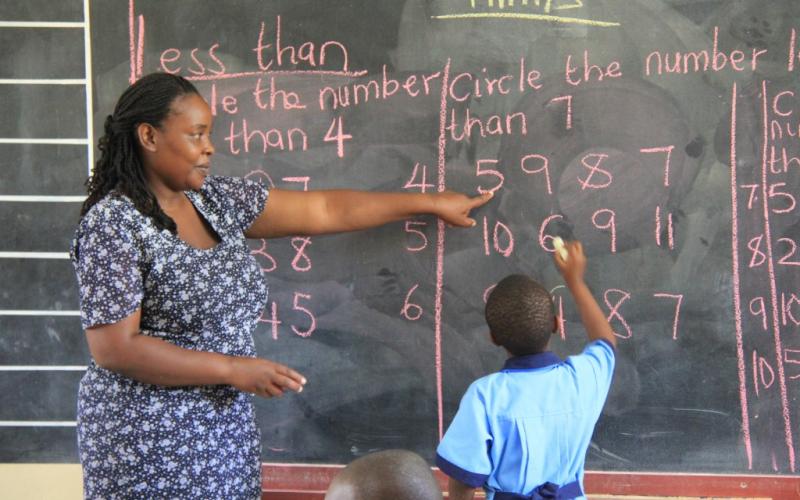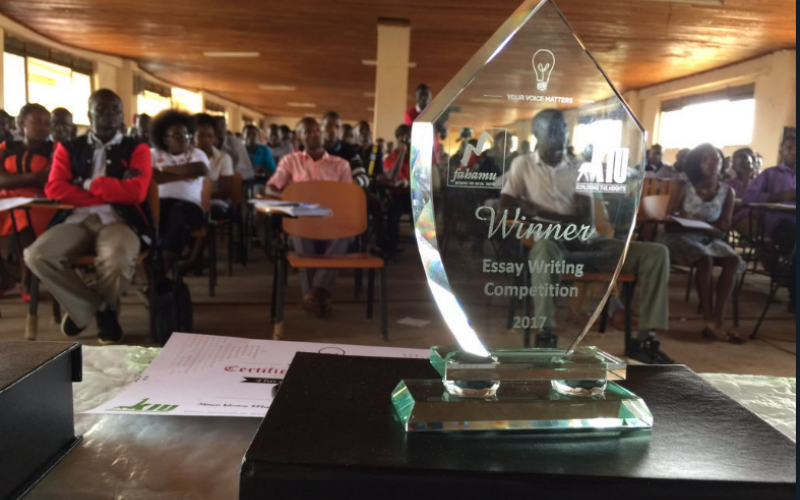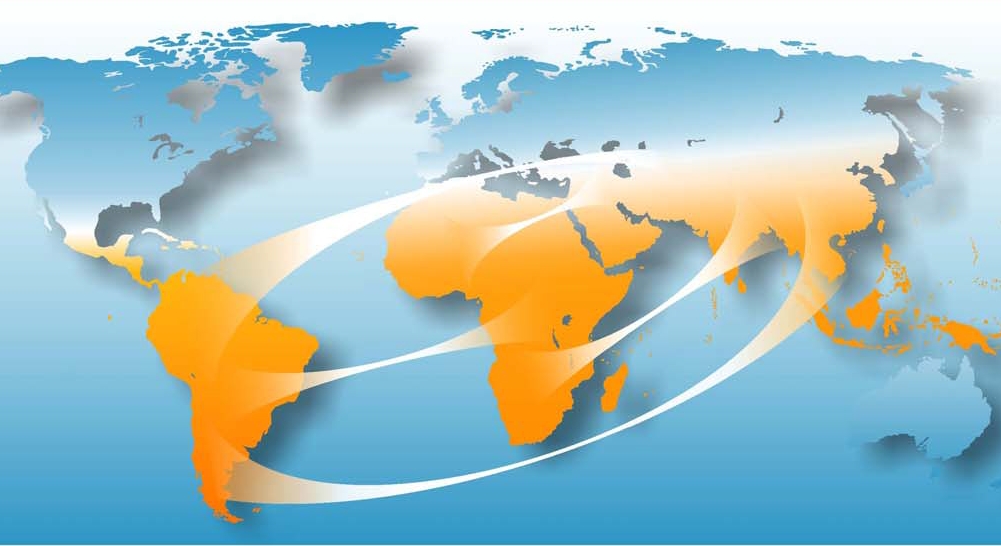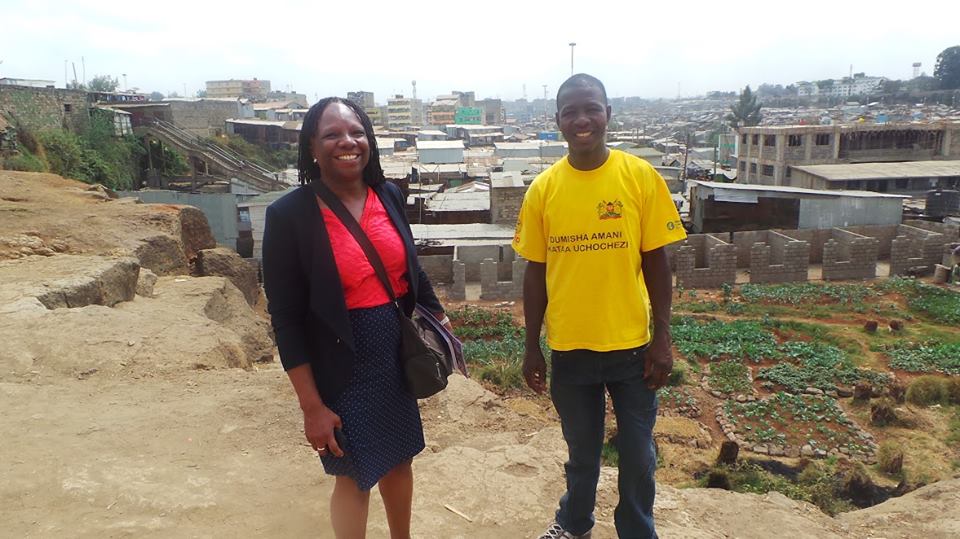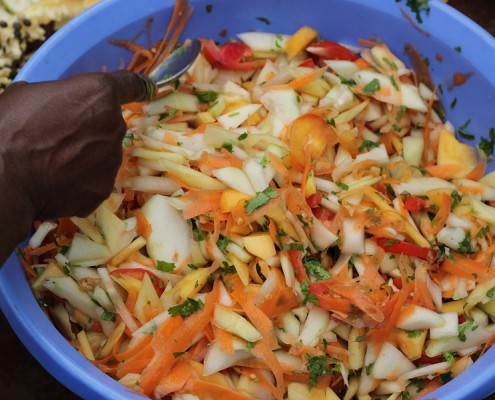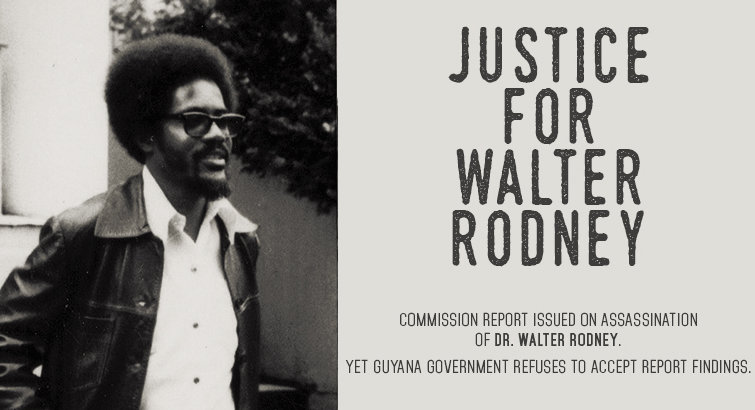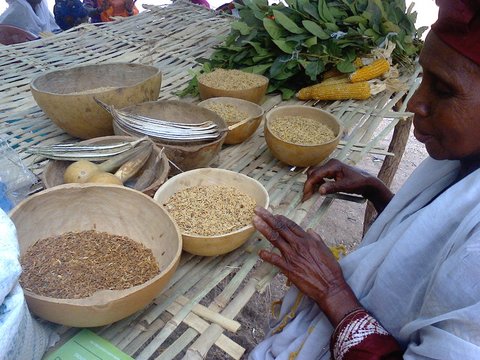72 Regional & International Civil Society organizations from 22 countries raise collective condemnation on harassment of CSOs in Kenya.
Nairobi/17th August 2018: We, the undersigned civil society organizations, working to advance human rights of all people in different countries categorically condemn the recent intimidation, threats and illegal attempts by the Non-Governmental Organizations (NGOs) Co-ordination Board to de- register and systematically bankrupt targeted Kenyan civil society organizations and their respective leadership.
We particularly condemn the Board’s letter of 14 August 2017, de-registering the Kenya Human Rights Commission (KHRC) and ordering the Central Bank of Kenya to freeze all its accounts, as well as the letter of 15 August 2017, to the Read More
Mary A. Mosha
Aug 17, 2017
Tanzania’s famous founding president Julius Nyerere was a teacher. But despite the government’s commitment to education in its development agenda, many young people shun the teaching profession. Salaries are low, classes big and teaching has little prestige among the professions.
The concept of education
Education as concept can be used to convey two different though complementary meanings. In one sense it is used to refer to the extent, measure or level of cumulative attainment by an individual of a distinctive quality of information, knowledge and/or understanding that places the individual above the average person. In another sense, education is seen as a dynamic, on-going process Read More
George William Nasinyama and Medard Twinamatsiko
Aug 17, 2017
Like many young people across Africa, Ugandan youth face the challenge of acquiring appropriate skills and deploying them in achieving their dreams. An essay competition at Kampala International University gave students the opportunity to reflect on this issue and to explore solutions to youth unemployment.
The participation of 15 university students in the essay writing competition in February 2017 in “Your voice matters” project under the FAHAMU-KIU partnership was quite fascinating. In pursuit of social justice, FAHAMU has focused one of its lenses on intellectual engagement with young people to explore solutions to societal challenges in business, agriculture, citizenship, education, environment, governance, Read More
Are you a civil society actor, NGO, University programme, grassroots organisation or think tank running an emerging powers (China/India/Brazil/BRICS/S.Korea etc) or South-South Cooperation project in Africa? If you are, kindly consider registering with us!
Fahamu’s Emerging Powers Project is keen to map actors engaging in the South-South cooperation space in Africa.
Over the years the strategic objective of the project has been to enhance civil society voices and perspectives on the emerging powers’ footprint in Africa.
This mapping exercise is part of Fahamu Africa’s objective of developing various platforms upon which Africa’s voice and response can be integrated, developed and sustained through a focus on the role of civil society groups and Read More
Various social justice struggles exist in Kenya, these range from youth unemployment, inaccessibility to basic necessities, lack of youth participation in decision-making, lack of access to legal aid for the marginalized and forced evictions among a broad cluster of challenges Kenyan communities are forced to cope with. For the majority who live in pockets of poverty, the struggles are even worse.
In line with Fahamu’s mission of nurturing movements for social justice in Africa, Fahamu’s board Chair , Patricia Daley ,visited Nairobi based social movements in September 2016 to gain a better understanding on how Fahamu’s work has impacted on these collectives. Additionally the visit provided an opportunity to learn Read More
In May, Africa Initiative for Rural Development (AiRD) was invited byFahamu, our partner in food sovereignty, agriculture and climate change program to participate in the Food Justice Festival in Muvuti, Machakos and in Gatundu North.
The Food Justice Festival was a way to celebrate the end of the sustainable crop care workshops that was facilitated by Fahamu for organic farmers in those areas for the past 2 months.
Odin Olaya, Sustainable Livelihood Advisor for AiRD delivered workshops on technologies for sustainable agriculture, composting, and treating drinking water using the Procter and Gamble water purifier, samples of which were given out to the participants.
Dinka Basuki, AiRD’s Communications and Social Media Strategies Advisor through her foodie workshop called Food Read More
IS THERE NO JUSTICE FOR MURDER, EVEN AFTER 36 YEARS? COMMISSION REPORT ISSUED ON ASSASSINATION OF DR. WALTER RODNEY. HOWEVER, THE GUYANA GOVERNMENT HAS REFUSED TO MAKE THE REPORT PUBLIC OR ACT ON THE COI RECOMMENDATIONS.
Justice for Walter Rodney!
Justice for His family, His brother and for People everywhere who are concerned about Human Rights and basic human dignity.
The Commission of Inquiry’s (COI) Report (Feb. 2016) found that the Guyana Government was directly involved in Walter Rodney’s assassination on June 13, 1980.
However, the Guyana Government has refused to make the report public or act on the COI findings.
Tell the Guyana Government – 36 years later – Enough is Enough! Demand justice NOW!
Sign Read More
A revolutionary idea is shaping up in Makueni County that has set tongues wagging. Governor Kivutha Kibwana’s novel model of “public participation” has confounded friends and foe as it begins to roll out barely a year before the next General Election.
In this the model, a six-tier process of engaging the people of Makueni in county decision-making and planning is being implemented by the county executive’s Department of Devolution and Public Service.
Although area leaders are sharply divided as to its value, it is unarguably the first of its kind in the country, perhaps even the continent.
“Essentially, the model targets to involve all Makueni residents in decision making on projects they Read More
The World Bank has lauded a model that allows local people in Makueni County decide which development project to embark on and then manage these projects once they are commissioned. It noted that Makueni’s model of public participation includes, not only identification of projects, but also the full involvement of residents during implementation. This novel model is recognised in a study commissioned by World Bank, ‘Kenya Accountable Devolution Programme.’
World Bank representative Annette Amolo acknowledged this novelty when she attended a forum in Wote town where public participation was documented. “Makueni is by far ahead of the others. They have excellent public participation structures from the village level upwards which also includes implementation of projects. Compared to others, that is a high level of participation which should be emulated by other counties,” she observed. The World Bank has been involved Read More
The West African Peasants’ Seeds Fair took place on 23-25 March,2016 at Djimini, a village in the southern part of Senegal. Fahamu’s We-Are-the-Solution Programme took part as exhibitor and participant via two Senegalese women groups. There were more than 350 participants from Senegal, Benin, Mali, Togo, Guinea, and Mauritania of which more than 75% were women and 85% were typical peasant farmers.
The participants discussed crop biodiversity, food systems and nutrition.
Peasants’ generosity was demonstrated once again with their willingness to share knowledge, practices, seeds and natural pesticides for both humans and animals.
The recommendations from the fair were :
– To strengthen vitality of West African Committee of Peasant’s seeds in the region
– To fight for the Read More
